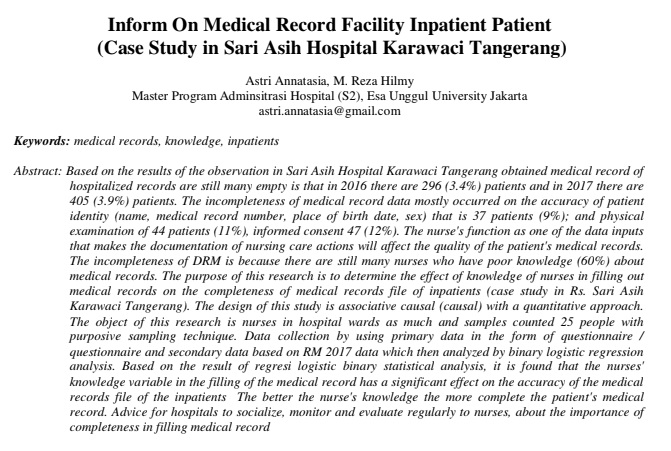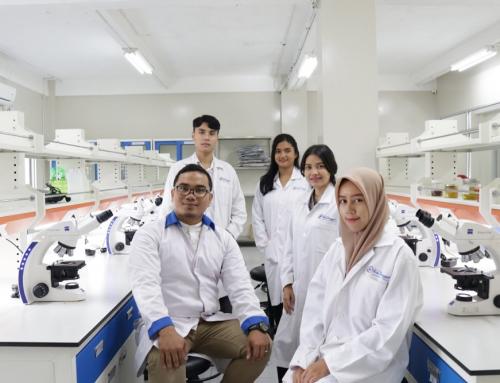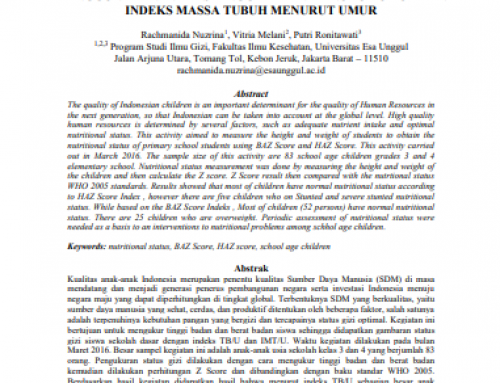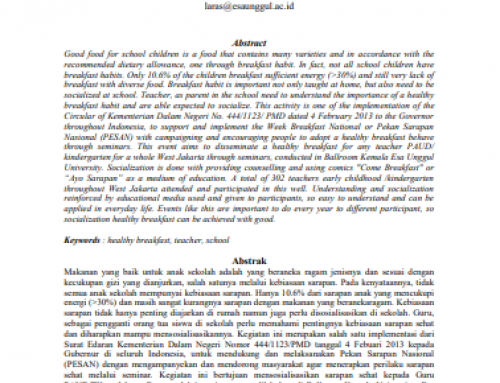Inform On Medical Record Facility Inpatient Patient (Case Study in Sari Asih Hospital Karawaci Tangerang)
Description:
Based on the results of the observation in Sari Asih Hospital Karawaci Tangerang obtained medical record of hospitalized records are still many empty is that in 2016 there are 296 (3.4%) patients and in 2017 there are 405 (3.9%) patients. The incompleteness of medical record data mostly occurred on the accuracy of patient identity (name, medical record number, place of birth date, sex) that is 37 patients (9%); and physical examination of 44 patients (11%), informed consent 47 (12%). The nurse’s function as one of the data inputs that makes the documentation of nursing care actions will affect the quality of the patient’s medical records. The incompleteness of DRM is because there are still many nurses who have poor knowledge (60%) about medical records. The purpose of this research is to determine the effect of knowledge of nurses in filling out medical records on the completeness of medical records file of inpatients (case study in Rs. Sari Asih Karawaci Tangerang). The design of this study is associative causal (causal) with a quantitative approach. The object of this research is nurses in hospital wards as much and samples counted 25 people with purposive sampling technique. Data collection by using primary data in the form of questionnaire / questionnaire and secondary data based on RM 2017 data which then analyzed by binary logistic regression analysis. Based on the result of regresi logistic binary statistical analysis, it is found that the nurses’ knowledge variable in the filling of the medical record has a significant effect on the accuracy of the medical records file of the inpatients The better the nurse’s knowledge the more complete the patient’s medical record. Advice for hospitals to socialize, monitor and evaluate regularly to nurses, about the importance of completeness in filling medical record
Author:
- Astri Annatasia
- M. Reza Hilmy
Source:
International Conference on Recent Innovation 2018





